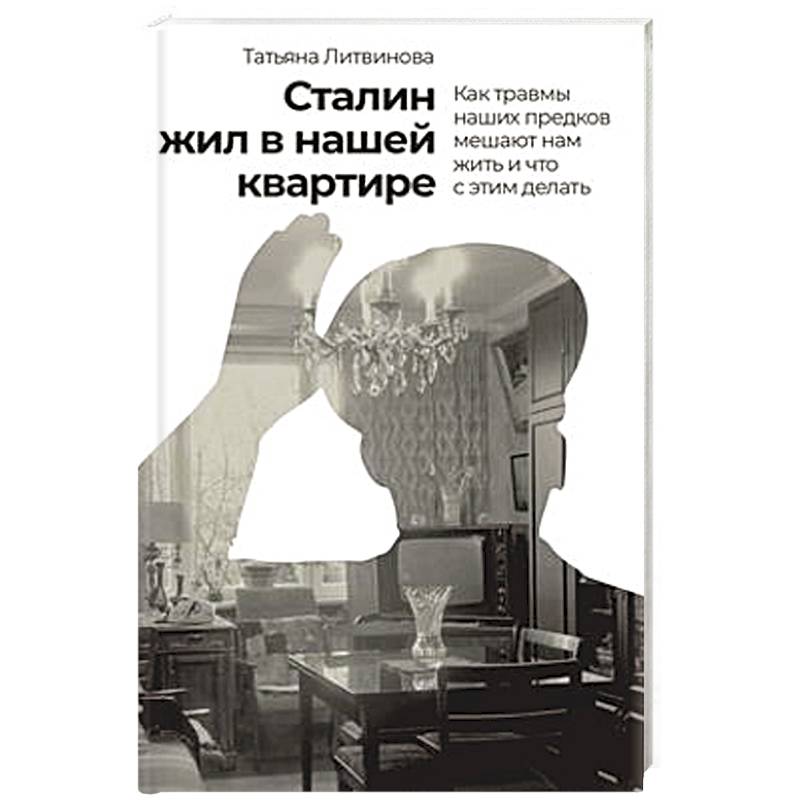Stalin lived in our apartment. How the traumas of our ancestors interfere with our lives and what to do about it
Please sign in so that we can notify you about a reply
Wars, genocide, famine, repression, and other social catastrophes leave a powerful psychological trauma. Its carriers are not only the participants of the events, but also their descendants. How is trauma passed down from generation to generation? What should we do with a painful, terrifying, or shameful family history? How can we stop being hostages to it and break the spell of the past?
Psychologist with 19 years of experience, Tatiana Litvinova, explores the intergenerational (transgenerational) transmission of trauma using her own family as an example, which suffered from Stalinist repressions, as well as many other families with their real stories. She pays special attention to events that are silenced over generations, family secrets, and "skeletons in the closet." The author is convinced that in almost every family history there is both trauma and resources. By recognizing the source of trauma, we can better understand ourselves and learn to effectively use the strength inherited from our ancestors.
For whom:
For everyone interested in psychology and wanting to understand themselves and their personal history, those concerned about the white spots in their family history, secrets, and "skeletons in the closet." For those interested in the history of the USSR and the 20th century, family history and genealogy, those seeking information about repressed ancestors, trying to unravel the mysteries of their family tree. For psychologists and psychotherapists, historians, and genealogists.
Author:
Author:Litvinova T.N.
Cover:
Cover:hardcover
Category:
- Category:Politics & Social Science
- Category:Psychology
Publication language:
Publication Language:Russian
Paper:
Paper:offset
Dimensions:
Dimensions:21.5x14.5x1.5 cm
Age restrictions:
Age restrictions:12+
ISBN:
ISBN:978-5-9614-8238-6
No reviews found
